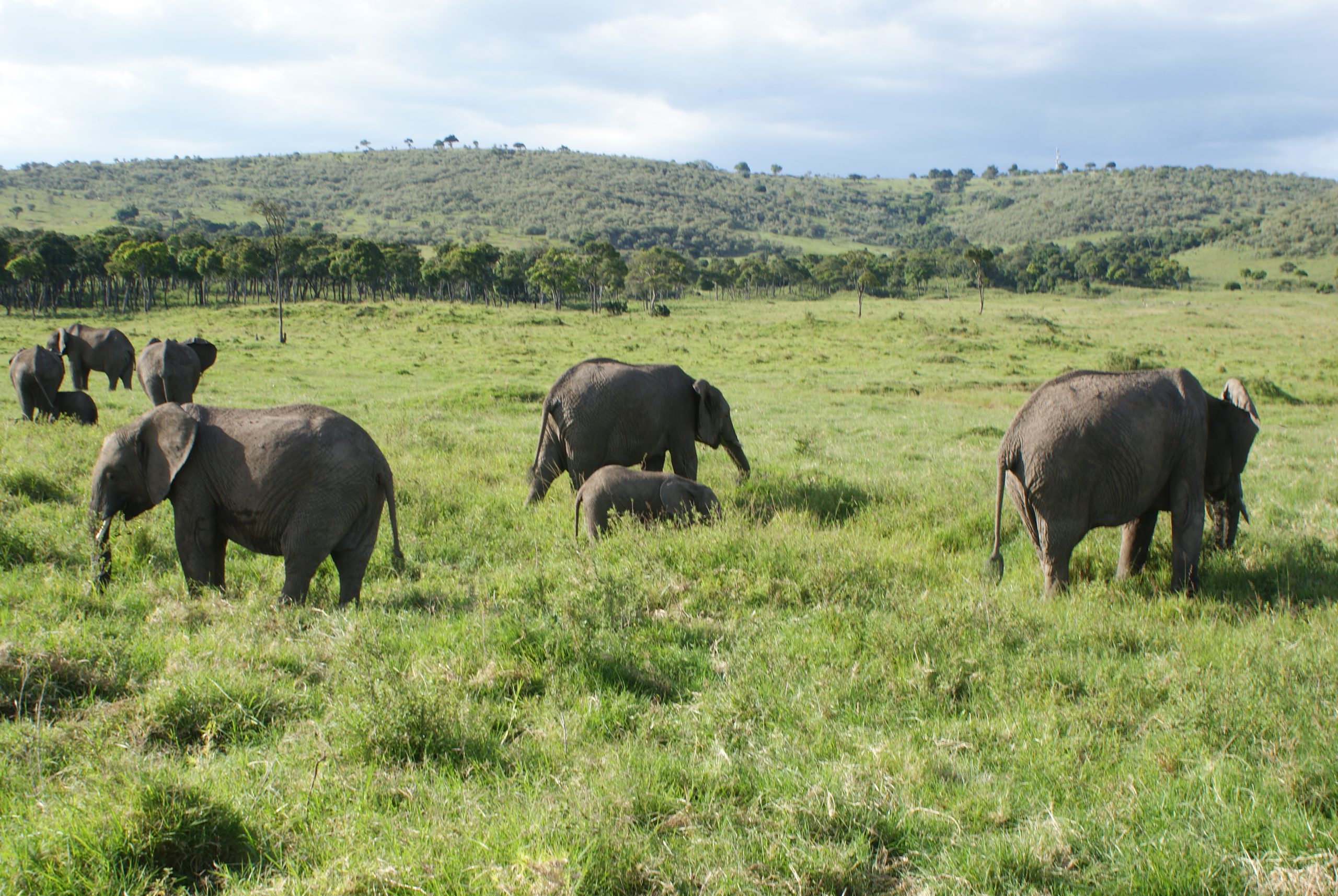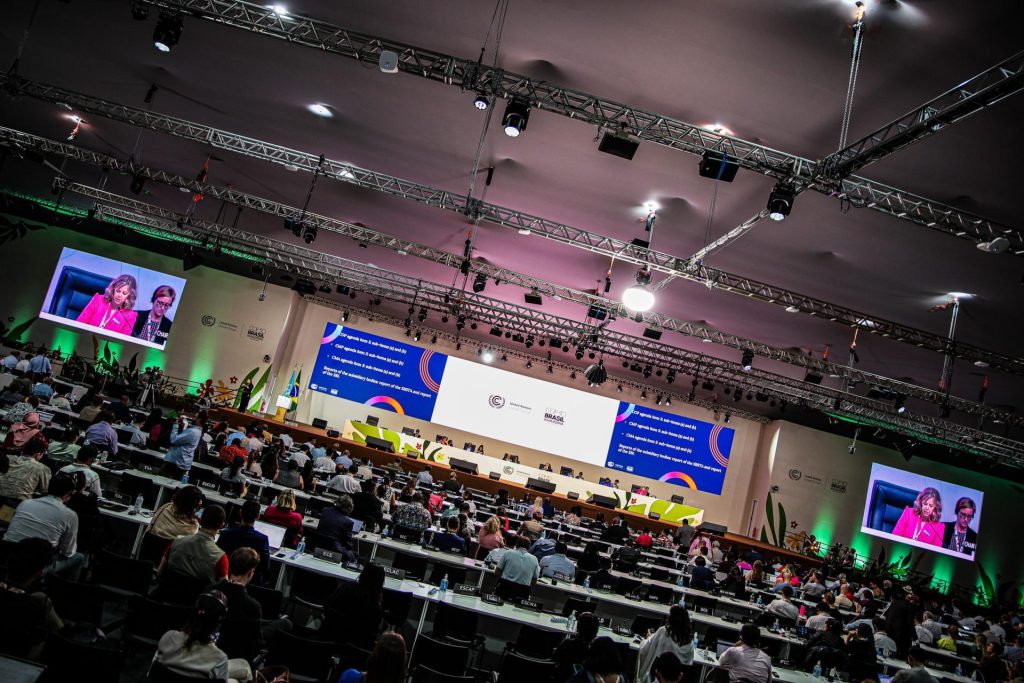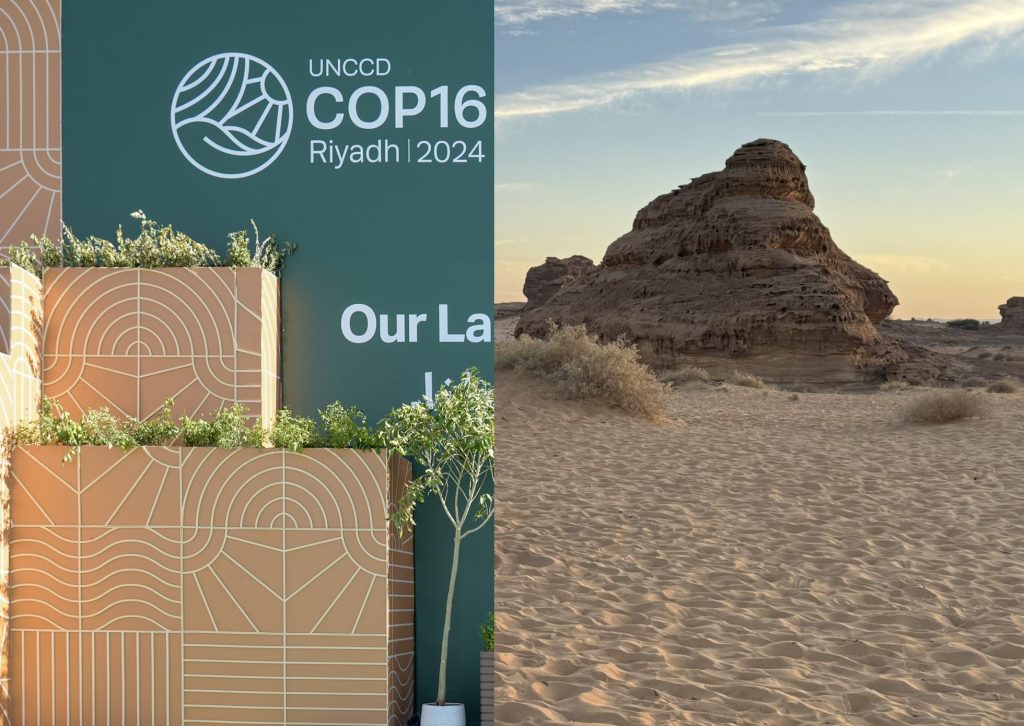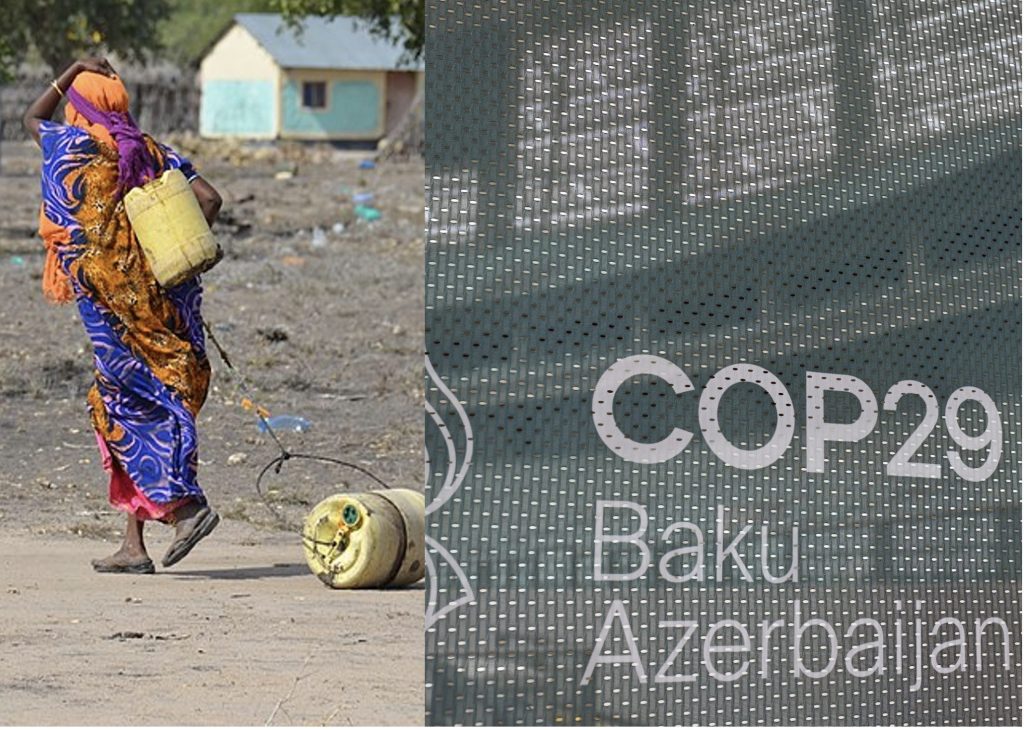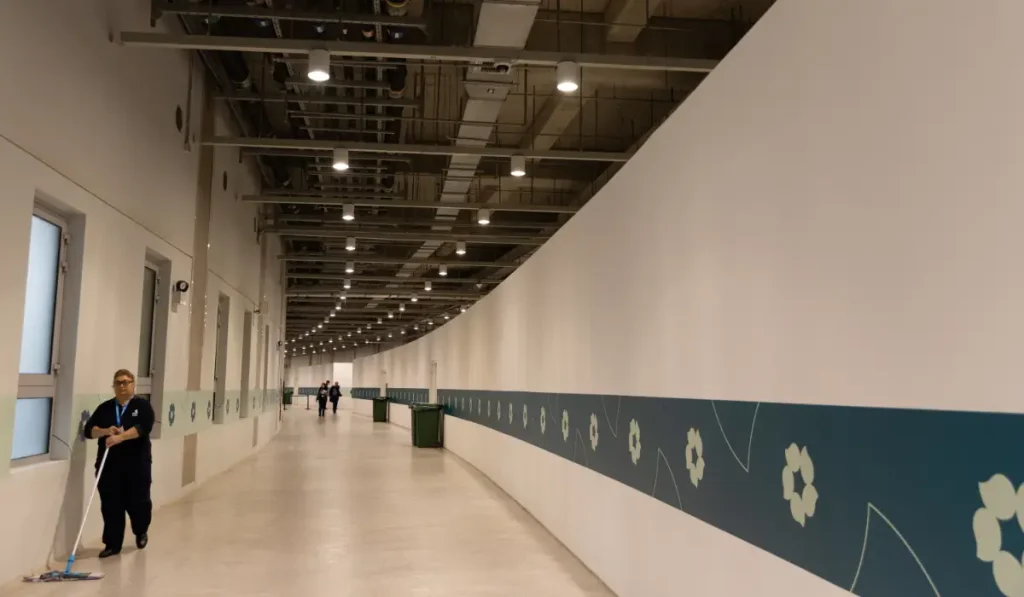As Africa heads to the sixteenth conference of parties to the UN Convention on Biological Diversity (COP16) in Cali, Colombia, its leaders will be hoping to get some answers on the $20 billion pledged nearly two years ago by rich countries aimed at battling the global biodiversity crisis.
But they will also be under scrutiny regarding their National Biodiversity Strategy and Action Plans (NBSAPs), hammered in place to guide domestic activities on biodiversity conservation, ensuring its sustainable use and promoting fair and equitable benefit sharing on genetic resources.
On the economic front, Africa is especially keen on arguing its case at the COP given that the $20 billion by 2025 annual target is one year away, yet only about a third of this amount has been raised so far.
This financial commitment is crucial for Africa, if the continent is to be on the same page with the rest of the world in achieving the global targets set out by the Kunming-Montreal Global Biodiversity Framework (Kunming-Montreal Framework), including the 30×30 target, or protection of 30% of the planet’s land and oceans by 2030, and for a good reason.
A third of global biodiversity assets, which serve the world as carbon sinks and provide ecosystem services are based in Africa, yet this global biodiversity hotspot remains one of the most underfunded in the world.
Strained conservation funds have led to the loss of about 3.9 million hectares of land in two decades since the beginning of this millennium, poaching and illegal wildlife trade continue to trouble wildlife, climate change and the spread of invasive species are disrupting ecosystems, while natural habitats have been converted into agricultural land or real estate due to population growth.
“The world must ensure our biodiversity assets are protected and conserved. To that end, the world needs to invest in Africa. We need to be going to the negotiating table saying we have something to offer the world, be it a solution to climate change, be it a solution to biodiversity loss,” says Frederick Kwame Kumah, the vice president of global leadership at the Africa Wildlife Foundation.
This offer could also take the shape of another biodiversity fund which operates directly under the control of the COP (in addition to the Global Biodiversity Framework Fund which was launched in 2023 but which sits under the Global Environmental Facility (GEF)), which Africa will be pushing for at the negotiations. The reasoning is that such a fund would be supported through fundraising and would cushion Africa from financial commitments that are deployed as debt by the global north. It is also hoped that a fund directly controlled by the COP would bypass some of the historic challenges that Africa has encountered in accessing funding from the GEF.
Parties will be in the spotlight regarding their NBSAPs given that only 10% of the 196 countries have submitted their national plans since 2015. Those that have, are not honoring commitments to halt and reverse nature loss by 2030, according to a press release by World Wildlife Fund (WWF). In Africa, only Uganda, Tunisia and Burkina Faso had submitted updated NBSAPs, as at the time of writing.
NBSAPs are policy frameworks developed by countries under the Kunming-Montreal Framework as part of their commitments to the Convention on Biological Diversity (CBD). They serve as key tools for translating and implementing the Kunming-Montreal Framework’s goals and targets at the national level. Their primary purpose is to help countries conserve biodiversity, ensure its sustainable use, and promote the fair and equitable sharing of benefits arising from the use of genetic resources. Submission of these plans is key. as they were designed to overcome the implementation failures of the Kunming-Montreal Framework’s predecessor, the Aichi targets.
It is not clear why African countries are not delivering on their NBSAPs. But the popular thinking is that the continent’s NBSAPs should be developed in line with the Africa Biodiversity Strategy and Action Plan.
Negotiators will also be tasked with developing indicators to create a monitoring framework to track whether countries are meeting the global biodiversity targets or not. “One of the things that Africa wants to see is the updating of NBSAPs and targets in line with the Kunming-Montreal Global Biodiversity Framework. But more importantly is that the NBSAPs should come with national indicators. As of now we have certain indicators that we still need to define,” said Durrel Halleson, policy and partnerships manager at WWF Africa.
A legally binding international framework for fair and equitable sharing of monetary benefits from the use of genetic resources is another issue that Africa is looking forward to pushing for at COP16.
The issue of sharing the financial and other benefits of genetic resources is controversial. It has drawn opposition from the larger pharmaceutical industry given the huge profits that manufacturers currently draw from it, through the use of plant genetic information which they harvest to produce pain killers and beauty products. At the moment, existing international law requires countries (and the companies operating in them) to obtain consent from the countries that host these genetic resources, and to share the benefits that are derived from them. But there is a loophole. Developments in technology have meant that researchers and developers can simply rely on the sequenced digital genetic information in scientific databases of those resources, they no longer need a physical specimen. Countries have agreed to close this loophole, and to create a benefit sharing fund for digitally sequenced genetic information. But this year they will need to agree who will contribute to the fund and how much, and whether the contributions are voluntary or obligatory. Some developed countries are pushing for contributions to only be voluntary. The agriculture, pharmaceuticals and cosmetics sectors are unlikely to be pleased that their free run with digital information may come to an end if Africa and the global south succeed in their push for obligatory contributions to the fund.
Figuring a way to bridge science with policy has been missing in international biodiversity negotiations, but COP16 will be Africa’s moment to articulate its position on capacity building, scientific cooperation and technology transfer to enable the continent to effectively implement the Global Biodiversity Framework.
A science-policy approach would for instance keep politics from conservation conversations and ensure that the policies put forward are informed by facts and existing realities.
“By restoring land and productive systems humanity can secure the nature positive net zero pathways needed to safeguard a healthy planet. Let us all do what we can to strengthen the science and make sure it is policy relevant and fit for solving the challenges of the triple planetary crisis,” says Elizabeth Mrema, the CBD executive secretary.

